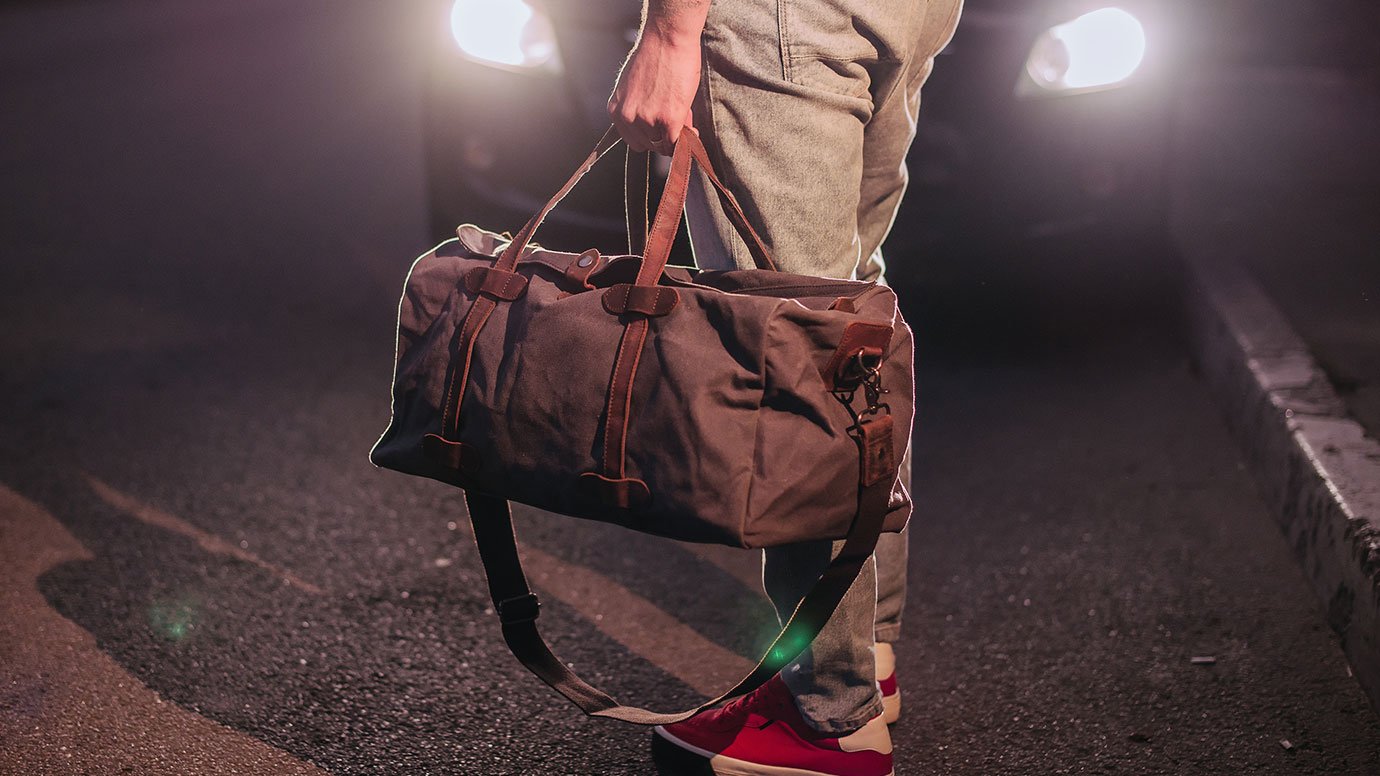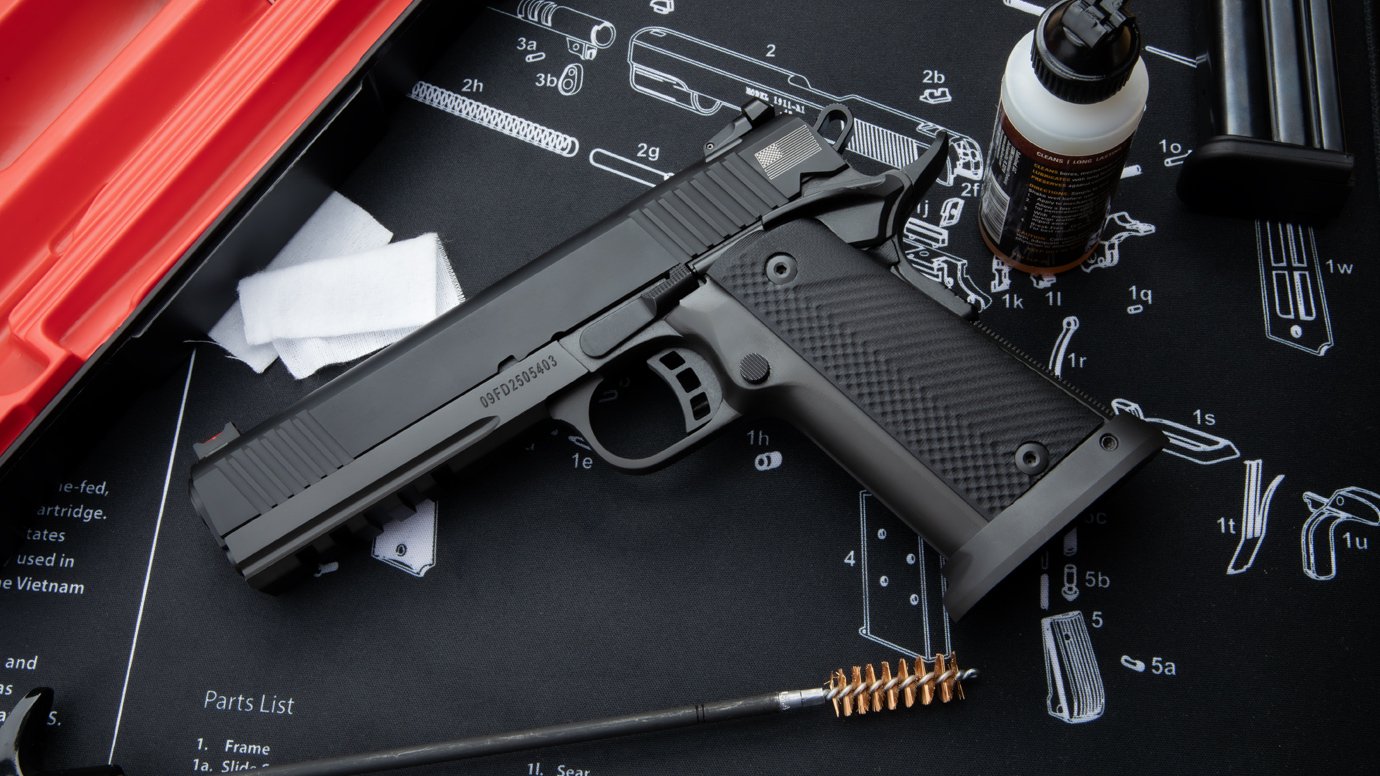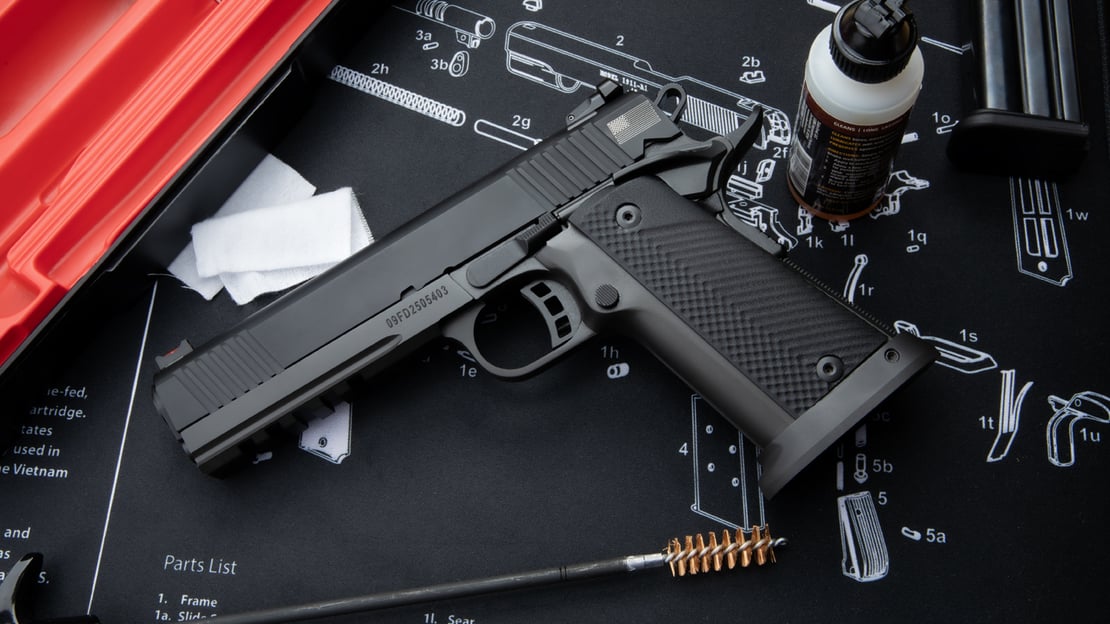Concealed Carry vs Open Carry: Which is Right for You?
Posted by Team Armscor on Aug 20, 2024 4 Minute Read

Whether you're a seasoned or first-time gun owner, you've probably heard a lot of debate over concealed vs open carry. It's one of the most heated debates amongst gun owners, and which method you prefer can greatly impact how you prepare for defensive gun use. It can be tough to decide which method of carry is best for protecting yourself and your family, but we can help.
Check out these key considerations to help you decide whether concealed carry or open carry is right for you.
Attention
It goes without saying that an openly carried firearm attracts significantly more attention than a concealed firearm. Some gun owners consider the added attention of open carry to be a good thing, arguing that the presence of a gun will deter would-be criminals and help to bolster the reputation of responsible gun owners. Advocates for concealed carry claim that openly carrying a firearm makes you a high priority target for people committing violent crimes and sacrifices your tactical advantage over criminals. If you're leaning towards open carry, be prepared for additional attention and a greater potential for panicked citizens to unfairly report you to the police.
Access
One of the key benefits of openly carrying your firearm is how easily it can be accessed in an emergency situation. While those who opt to conceal their firearms can practice techniques to limit their draw time, it will generally be faster to draw from an open carry holster. Open carry holsters have the added benefit of variable levels of retention. Some holsters, such as those manufactured for law enforcement use, have up to 3 levels of retention—which makes it more difficult for anyone other than you to access your firearm and helps you to carry safely.
Comfort & Convenience
While many believe that carrying concealed offers a tactical advantage over open carry, it can be uncomfortable for some. Inside the waistband (IWB) concealed carry holsters often position the gun or holster directly against the shooter's skin. When combined with everyday sweat and movement, this can lead to rashes and discomfort for the carrier. Openly carrying adjusts for this problem by moving the gun away from your body, but comes at the cost of convenience. By moving the gun away from your body, open carry holsters increase the likelihood that your holster scratches or snags things as you move about your day. When considering open vs concealed carry, you'll want to take your comfort and convenience preferences into consideration.
Legal Restrictions
The final—and perhaps most important—consideration for gun owners is what legal restrictions their state has on their right to carry a firearm in public. Some states have constitutional carry, which refers to legally carrying a handgun without a license or permit, while other states require permits or otherwise place restrictions on who can carry a handgun as well as how they can carry it. To find out the laws in your state, visit the Gun Laws by State page on the NRA Carry Guard website.
Regardless of which side of the concealed vs open carry debate you fall on, it's important to take into consideration the pros and cons of each style of carry. Being able to defend your point of view will not only make you more confident in your decision; it will also prepare you to stand your ground when questioned about your preferred method of carry.






